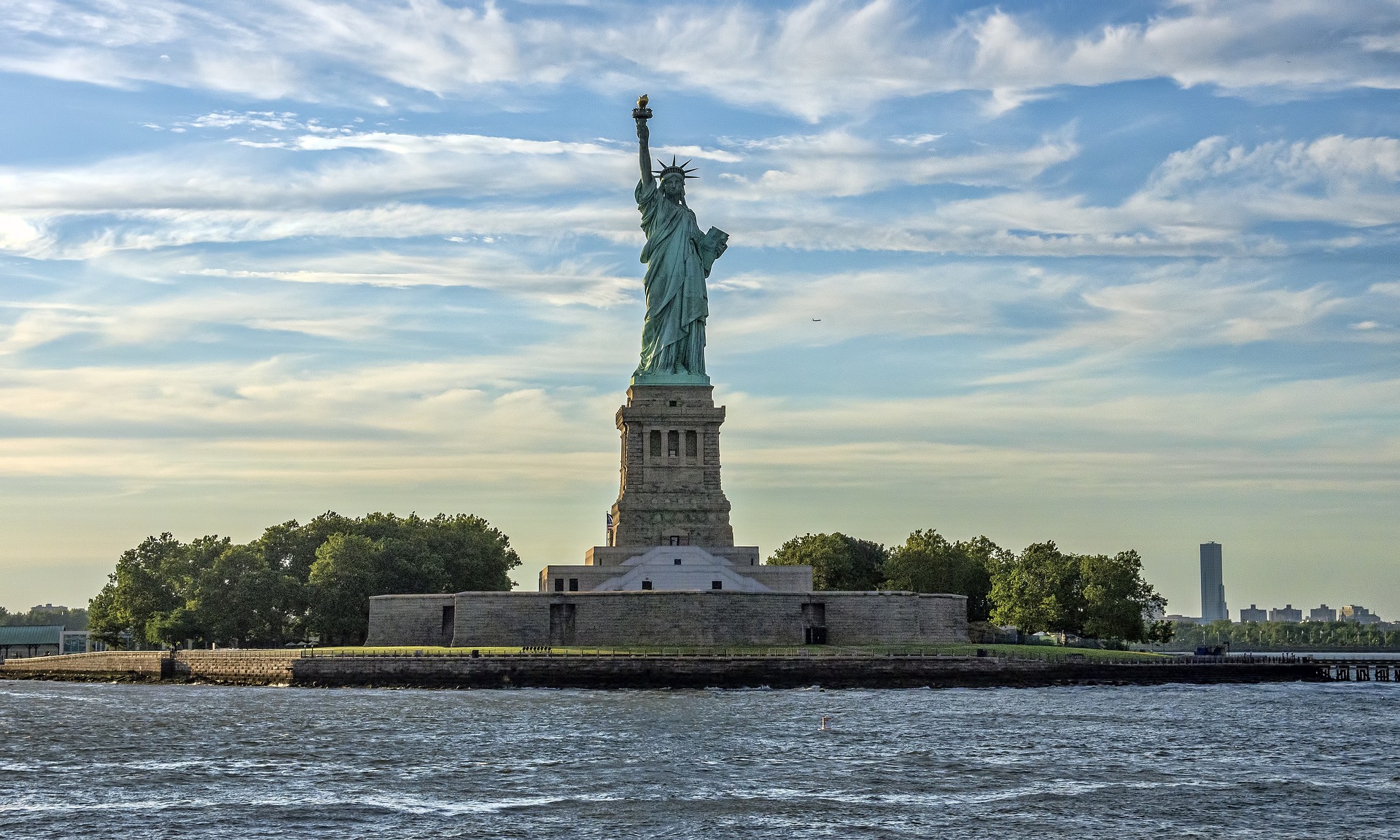Is DEI Destined To D-I-E
During the Recession?
Hotel Industry Could be a Leader in Diversity, Equity and Inclusion
Baron Ah Moo
Managing Director |
Head of US
PKF hospitality group
February 2023
The year 2020 will forever be remembered for COVID-19 and the start of the global pandemic. However, American historians had thought that the murder of George Floyd in May of that year would be an equally seminal moment in the history of our country, and the start of the human rights revolution in equity and inclusion in the U.S.
The hospitality industry — with more than 40% of its front-line workers being Black, indigenous and people of color — was well-positioned to draw from its diverse workforce and was one of the first to establish committees to discuss the challenges and bridge solutions.
Marriott International hosted Employee Town Halls and started an Emerging Leaders program targeting the advancement of minorities. Hyatt Hotels Corp. invested an additional $1 million in its RiseHY program, which offers job and training opportunities to youth in underserved communities. IHG supported the enactment of Georgia’s Hate Crime Bill.
A new U.S. president also signaled that America could be turning the corner regarding diversity, equity and inclusion.
However, two years later, this transformational moment remains unrealized and is just a reminder of how difficult systemic change can be.
The industry should be fertile soil for inclusivity and change. Instead, only 20% of hotel general managers are women, 10% are minorities and 1% are Black. The reality remains that unless investor, operators and owners are incentivized or regulated by their constituents, DEI is doomed to be relegated to “event planning subcommittee” status.

Recently, I have attended several industry events centering on diversifying ownership, operations and partnerships. All have the best of intentions, but none were prepared to answer the fundamental question: “What is your target number/percentage for expanding your company’s partnerships with BIPOC investors/owners/operators?” None were ready to quantify the current number of relationships they have and, shockingly, none were ready to prescribe a growth number to it. My assumption is that these numbers are so low that they are immaterial and even embarrassing for the companies to reveal.
Thus, if these gatherings are nothing more than check-the-box, “feel-good” community events for their sponsors, and the DEI momentum is waning, what can those of us who remain passionate about the cause do to keep it alive?
I would submit that the answer lies in a quote from Martin Luther King Jr.: “The ultimate measure of a person is not where he stands in moments of comfort and convenience, but where he stands at times of challenge and controversy.” Translated: Despite the lack of interest or commitment from our constituents, and regardless of the certain commercial challenges we face in this inevitable recession, those of us who continue to believe in equity need to do anything — scratch that, DO ANYTHING to bring attention to the need for diversity, equity and inclusion in our industry.
Have the difficult conversation with your staff and superiors, speak out in meetings about what your company is (or is not doing) on the subject. Restart that DEI committee, ask questions about the group’s policy and examples of successes and “opportunities.” Be pedantic and fastidious in ensuring that everything you can control is filtered through the lens of diversity, equity and inclusion.
If the cornerstone companies of our industry refuse to measure and manage their DEI results in the same way they meticulously monitor and quantify their shareholder returns, the only option we have is to ensure that we bring to light the change that can happen (and is not happening) and the opportunity that we have to make a difference.
Equity should not become collateral damage of the pandemic and the recession, but rather the stabilizing force that allows our hospitality industry to weather the upcoming storm.